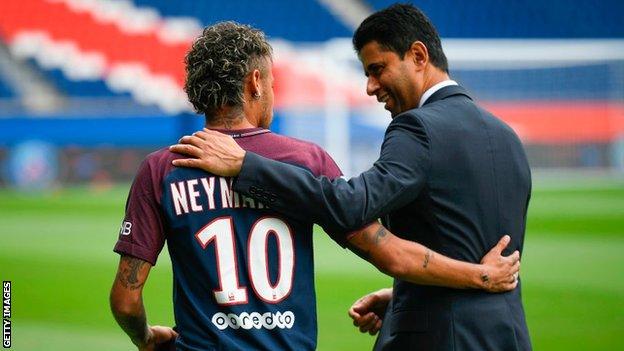
If there is one certainty about a transfer window, it is that managers who have said they want to sign players early will end up scrambling around on deadline day, often needing the extra hours provided by the infamous deal sheet to conclude their business.
But does it have to be that way? Isn't there a better method of concluding transfers that can stretch to tens of millions of pounds?
Mark Grice is a negotiation expert. He has 30 years' experience at negotiating commercial deals and 12 years ago helped launch Total Negotiation Group, a consultancy business which both acts and advises around corporate deals that dwarf those in football, even at the highest level.
Here are his eight steps to concluding a successful negotiation, a guide he thinks could work effectively in football.
1 Seek the opportunity
You have to be alert to some sort of need or change and understand the circumstances. Change creates opportunity and opportunity creates negotiation. In business it might be a competitor having a problem with supply. In football it might be an injury to a key player.
Change might be forced on someone or you might be agitating for it because what you are doing now is not working. I would be finding out what you need, why you need it and what you hope to achieve with it.
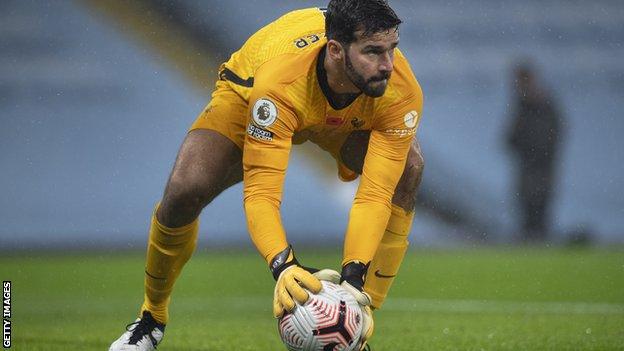
You have to get someone interested before you start negotiating because it is the selling and buying phase that is at the heart of everything. You sell something really hard first before you negotiate the finer details.
2 Preparation from all perspectives
Be really clear on all the possible outcomes - brilliant, OK, 'I can live with that' and 'what's my Plan B if it is not going the way I want it to?'
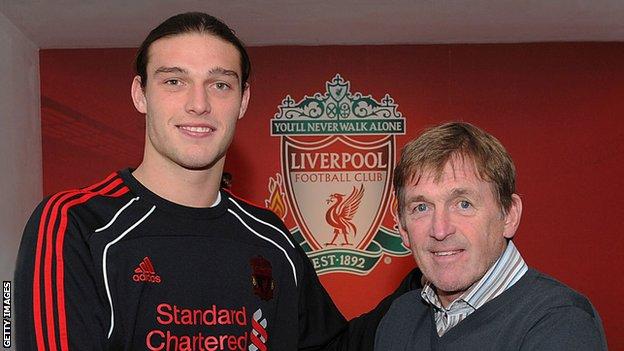
A lot of investigation should go into really understanding whether the club wants to sell, whether they are definitely going to sell, whether they have a timeframe or a back-up plan?
3 Negotiation currency
What are the different things that people value? These can be wages, image rights, bonuses, deal length, sell-ons.
The more of those you create, the less likely you will have a deadlock down the line. If you are negotiating on one variable, you probably won't come to an agreement.
4 Learn the history and precedence
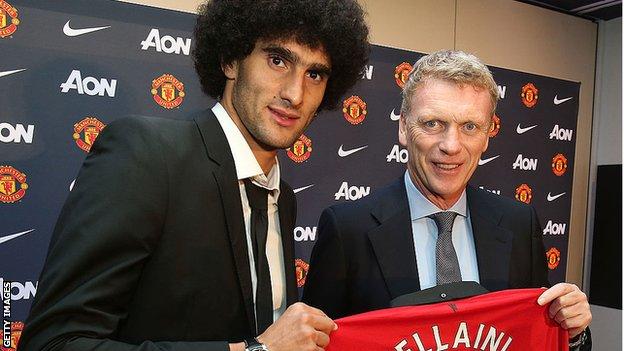
A lot of negotiators operate in the same way and do the same things, again and again. Background checks will be done on that before a negotiation takes place.
Some of the guys who represent really big retailers that span the globe are responsible for buying goods worth tens of billions of pounds every year. You have to know the habits of these people and if they threaten something, whether they are likely to enforce it.
If I am negotiating with someone who knows I regularly fold at the last minute and pay a huge amount, they will know there is a relatively good chance it will happen again, so they will hold out.
By contrast, they may get to a point within the negotiation where they feel it is too late to do a deal because they cannot spend the proceeds.
5 Where does the power lie in the negotiation and what is the plan to change it?
We try to make it less confrontational by aligning people's goals but one of the things we talk about is power.
If it comes across that I really need the deal, I have given away a lot of power. If I want to do a deal but it is not the be all and end all and I have a plan B, it gives me a lot more power and makes a deal favourable to me more likely to happen.
In 2002, the firefighters wanted a 40% pay rise. The government was never going to agree so it trained the army. They were creating - albeit in an extreme, costly and not ideal way - an alternative, which meant they didn't have to do a deal at the terms being put in front of them by the union.
6 What can go wrong in a negotiation - identify, evaluate and mitigate risk
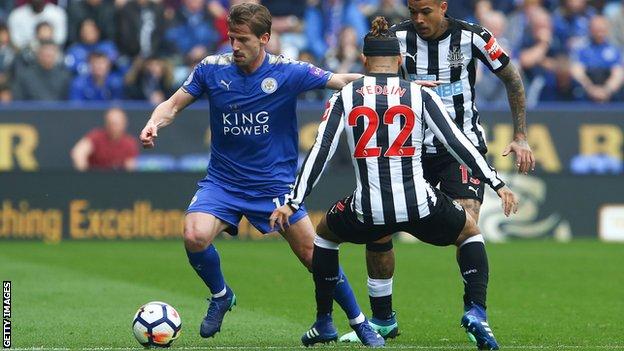
You have to scenario plan all the different ways it might play out and spend some time on the different phases so you don't just end up on the last day trying to do a deal.
All you need is a small legislation change to undermine a deal. An ingredient in a product might not work. Taxation might become prohibitive for a service.
It is thinking ahead about the worst-case scenario, including getting rejected and not receiving a response, and knowing how to handle it.
7 Internal alignment - create and maintain it
It's very hard but it's crucial. Your whole organisation needs to be agreed, not only actually agreeing but communicating that you are agreed because in football that is where managers might start to brief and say 'I didn't want him'.
It is being really clear about what everyone wants and sticking to it.
If you have a massive misalignment between two parties who are supposed to be on the same side, it suggests they either didn't have a plan, or one side is veering from it.
If you are looking to negotiate with them, it is a definite positive for you.
8 Role-play and practice until you are perfect
No-one should go into a negotiation without practising beforehand.
Role-play allows you to get your wording right. It also provides an opportunity to address issues not previously discussed.
Ideally fully brief a senior executive, who is not going to be deferential, from your own organisation on the negotiation about to take place and run it through. This should be done more than once.
We train people to deal in very small amounts. People like sticking to easy numbers like £1m or £5m. But it costs you money. If you need to make a margin of 46%, what is wrong with going to 46.1%? It will save you a lot of money.
The margins might be minute but they turn out to be enormous sums of money taking everything into consideration.
Find all the latest football transfers on our dedicated page.

 Article From & Read More ( January transfer window: Negotiator's guide to getting a deal done - BBC Sport )
Article From & Read More ( January transfer window: Negotiator's guide to getting a deal done - BBC Sport )https://ift.tt/3oFOASg
Sport
Bagikan Berita Ini














0 Response to "January transfer window: Negotiator's guide to getting a deal done - BBC Sport"
Post a Comment